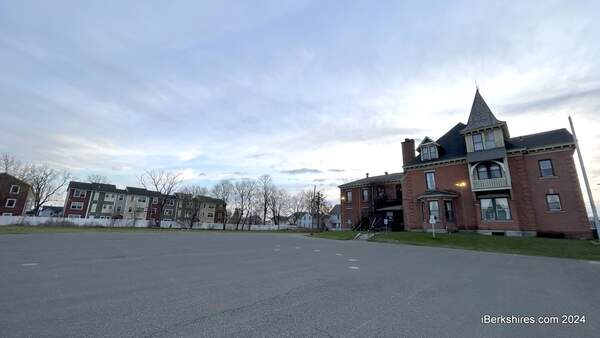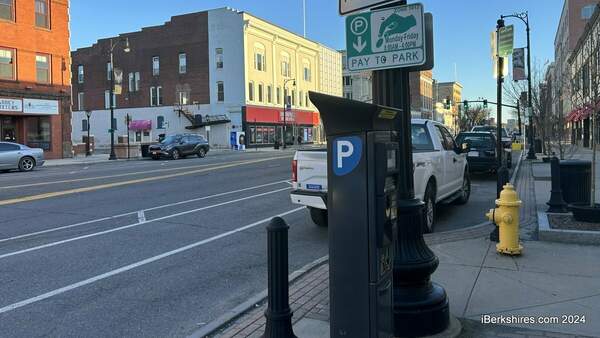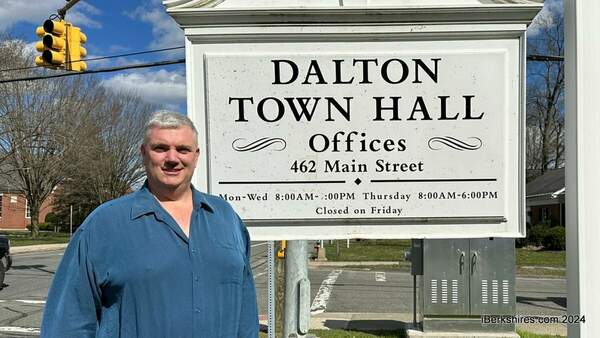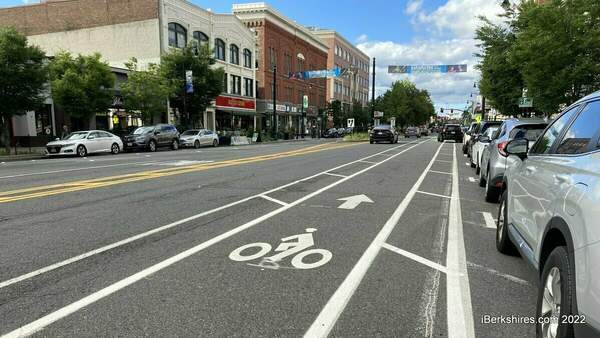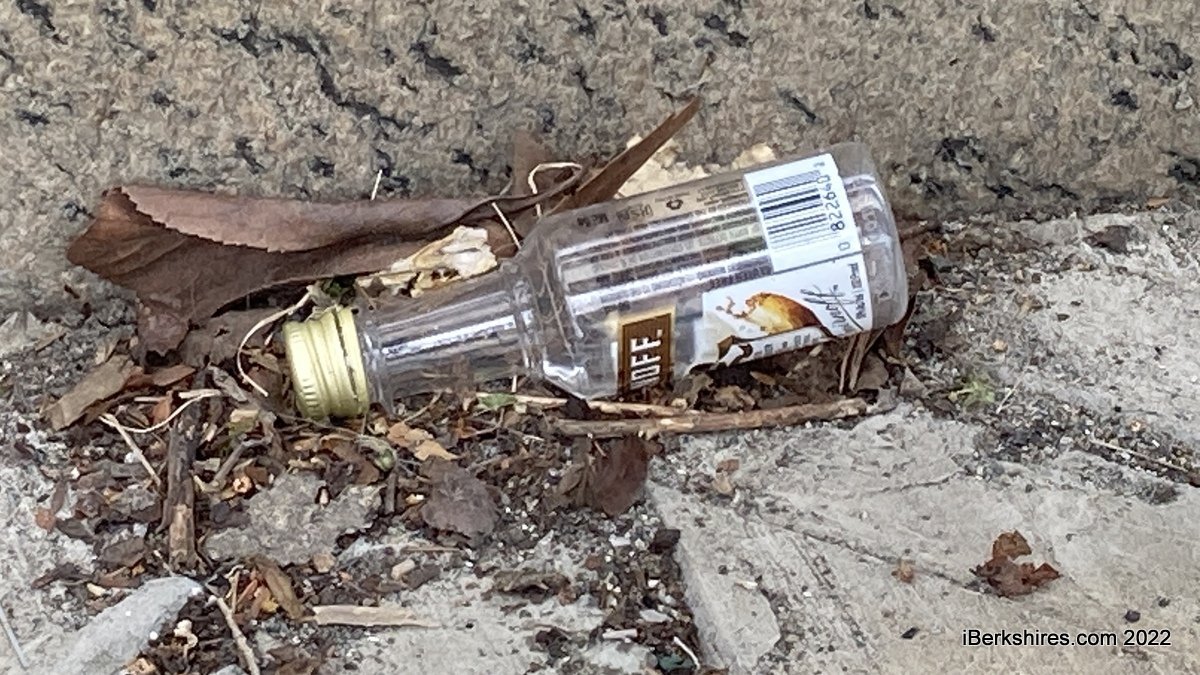
Sales of Nip Bottles Could Be Banned in Pittsfield
PITTSFIELD, Mass. — City officials are considering nixing nip bottles.
The 50 millilitre bottles of alcohol are not returnable and often can't be recycled because of their tiny size. And they are a frequent component of litter along the streets.
Local attorney Rinaldo Del Gallo III, who successfully initiated the single-use plastic bag ban, is petitioning the City Council to ban the sale of nips.
The Ordinances and Rules subcommittee on Monday referred the petition to City Solicitor Stephen Pagnotta so that he can review it and give feedback at next month’s meeting.
"I hereby petition the Pittsfield City Council to ban the sale of alcoholic beverages in what is colloquially known as nip bottles in the City of Pittsfield because of the pollution they cause," Del Gallo read.
"A number of residents in the city of Pittsfield have asked me to petition the council because of all the discarded waste seen on our streets, sidewalks, playgrounds, and green areas caused by nip bottles."
Del Gallo said former ward councilors Kevin Morandi and Nicholas Caccamo found serious problems with nip bottles because of the amount of discarded containers they have seen.
He also referenced other communities in the state that have banned the sale of the tiny liquor bottles such as Chelsea, Falmouth, and Mashpee.
The Newton licensing commission banned the sale of alcoholic beverages less than or equal to 100 millimeters after June 30 and a ban on the sale of nips in Wareham will go into effect on May 11 following Attorney General Maura Healey's approval of a restriction that voters passed at its town meeting last year.
Del Gallo modeled his ordinance off House Bill 7064 filed in the Rhode Island legislature in January. He added that he is open to other suitable ordinances that work, perhaps one modeled after what other municipalities are using.
"I just want to thank attorney Del Gallo for bringing this forward, nip bottles are everywhere, as you stated the other councilors have pointed this out, it’s been a long-going conversation in the city," Ward 6 Councilor Dina Guiel Lampiasi said.
"One of the things that comes to mind for me is the inventory that businesses may already have, and I want to be sensitive to that."
She added that she wants to make sure that stores can get rid of their inventory of nip bottles before the ban so that they don't lose money.
Del Gallo suggested the ban start three months after passage but that it could be worded however the panel favors. He believes that merchants might be able to sell it back to the distributor.
"I think many of them might be able to give it back to the original distributor, alcohol is an unusual product in that you have to buy it from a distributor and it's a highly regulated business at how you can purchase your product," he said.
"I'd be happy to word it in any way so it will be fair to the package stores."
Ward 1 Councilor Kenneth Warren suggested that a provision is put into the ordinance that a package store is able to sell the remainder of its nip bottle inventory through a waiver as long as there is proof of purchase before the ban.
Del Gallo also said there could be a sunset provision in the ordinance that states it is no longer in effect if the commonwealth passes a deposit on nip bottles.
An act to expand the bottle bill that increases the deposit from five to 10 cents and includes nip bottles is currently in front of the Legislature.
"I know at my house one of the most common things I pick up are nips every time I walk the dog and the lawnmower is constantly hitting them so it's an issue," Councilor at Large Pete White said.
"I wish the state, or actually the voters of the state had passed a five-cent deposit on these and it might help the issue a little but I think even with the deposit there is still going to be a problem."
Del Gallo has proposed other environmental initiatives in the city that were passed.
He first petitioned for the city’s single-use plastic and styrofoam bans in 2013. The styrofoam ban was passed in 2015 and the single-use plastic bag ban was passed in 2019 after six years of debate.
At this meeting, he said his other proposals were at first controversial and that he was surprised by the number of people who were against the bans.


